You Should Worry About the “Nanny Tax”
You probably thought, you only need to worry about the so-called “Nanny Tax” if you run for public office. However, the “Nanny Tax” isn’t limited to nannies, OR those potentially facing a reporter at a political rally. This special tax applies to housekeepers, landscapers and potentially your babysitter and can sneak up on you.
The IRS is stepping up its audits on those with workers in their private homes. Make sure you are up to speed on the rules that apply to you AND your “help”.
Here are some basic rules about the “Nanny Tax”
- The “Nanny Tax” also applies to housekeepers, maids, babysitters, and gardeners. It applies to household employees who aren’t independent contractors.
- However, if your “household employee” is under age 18, a parent, a spouse, or a child under age 21, you are off the hook. You don’t have to withhold FICA taxes.
- “Independent Contractors” are exempt, but to qualify they will generally have their own equipment, supplies, serve multiple clients, and an entity or business.
- The “Household Employee” or “Nanny tax” applies, if you paid your household employee more than $2,000 annually in 2016 or 2017.
- You don’t have to issue a typical paycheck every other week, unless you want to. You can pay cash. Then, report these payments at the end of the year on Schedule H on your 1040.
How much is the “Nanny Tax?”
It starts with FICA; this is essentially Social Security and Medicare. You can either withhold 7.65% from your ‘worker’ and then match it for a total of 15.3%. Most household employers just pay the tax on behalf of the worker. You’ll report how much you paid to the worker and multiple it by 15.3% at the end of the year. Then, you’ll remit to the IRS with Schedule H.
There is also the FUTA tax. The FUTA tax is 6% on the first $7,000 of wages, the max is $420. The FUTA tax is also calculated on Schedule H and remitted to the IRS with your 1040.
Finally, you may owe some State Unemployment Tax (SUTA) or even Workers Compensation. You need to check with your tax professional. Also, you need research the rules in your State to see if and when you need to make these payments as well.
Federal Tax Withholding:
FICA and FUTA are required to withhold. You’re not required to withhold federal income taxes from the employee’s pay. You have to withhold, only, if your nanny asks you. Also, you must agree to withhold. The nanny can fill out a Form W-4 and give it to you. Then, you can withhold the correct amount. However, you may be required to withhold social security and Medicare tax (FICA). And you may also be required to pay (but not withhold) federal unemployment (FUTA) tax.
What‘s the Risk?
You may think you can pay your landscaper, nanny, or maid “under the table” and it’s no big deal. They just want cash and don’t care…so you may think? The problem is that if after your ‘worker’ leaves, they may file for unemployment, or for student aid to attend college, or may even want to file a tax return to get a loan. All of the sudden you are tagged by a State or Federal agency and that’s when the audit starts. Now you need to buckle up for penalties and interest on the amount of tax you should have paid in the first place.
With that said, that may be the least of your worries…let’s not even talk about your worker getting hurt on your property and you should have been paying Workers Compensation Insurance. At the least, double check the rules in your state and check with your homeowners insurance agent to see if an injury is covered before you decide to roll the dice on a potential injury.
Record Keeping and Forms:
Be sure to keep careful employment records for each nanny and other any other domestic employee. Be aware of the following Forms:
- W-4 Form. You’ll need this to verify the name, address and SS# for your worker so you can send them other forms and notices at the end of the year.
- I-9 Form. Don’t forget to make sure your worker isn’t an illegal immigrant. Don’t even get me started on the legal exposure of hiring a undocumented alien.
- W-2 Form. Be ready to issue a W-2 form at the end of the year. Due to be delivered to your Employee by January 31st of the year following employment.
- W-3 Form. This is a ‘transmittal form’ that you send to the IRS and Social Security Administration with a copy of the W-2 you gave your worker.
- Schedule H Form. This is included with your 1040 tax return and calculates the FICA and FUTA tax you have to send the Feds.
- Don’t forget any State forms you may need to file (do some research on the web for your State or talk to your tax professional).
Tax Records
Keep the tax records for at least four years from the later of the due date of the return or the date when the tax was paid.
Records should include:
- Employee name
- Address
- Social security number
- Employment dates
- Amount of wages paid
- Dates and amounts of FICA taxes paid by you on behalf of your ‘worker’
- copies of any and all forms listed above.
I realize this is a lot of information to absorb. Please give us a call if you need additional support and help on this topic. Don’t ignore the issue. That ‘worker’ may cost you A LOT more than you realized.











Payment completed for Intent ID pi_3PO1amIlmlJhoaqY1ij5OqoO
Payment failed for Intent ID pi_3PO1amIlmlJhoaqY1ij5OqoO